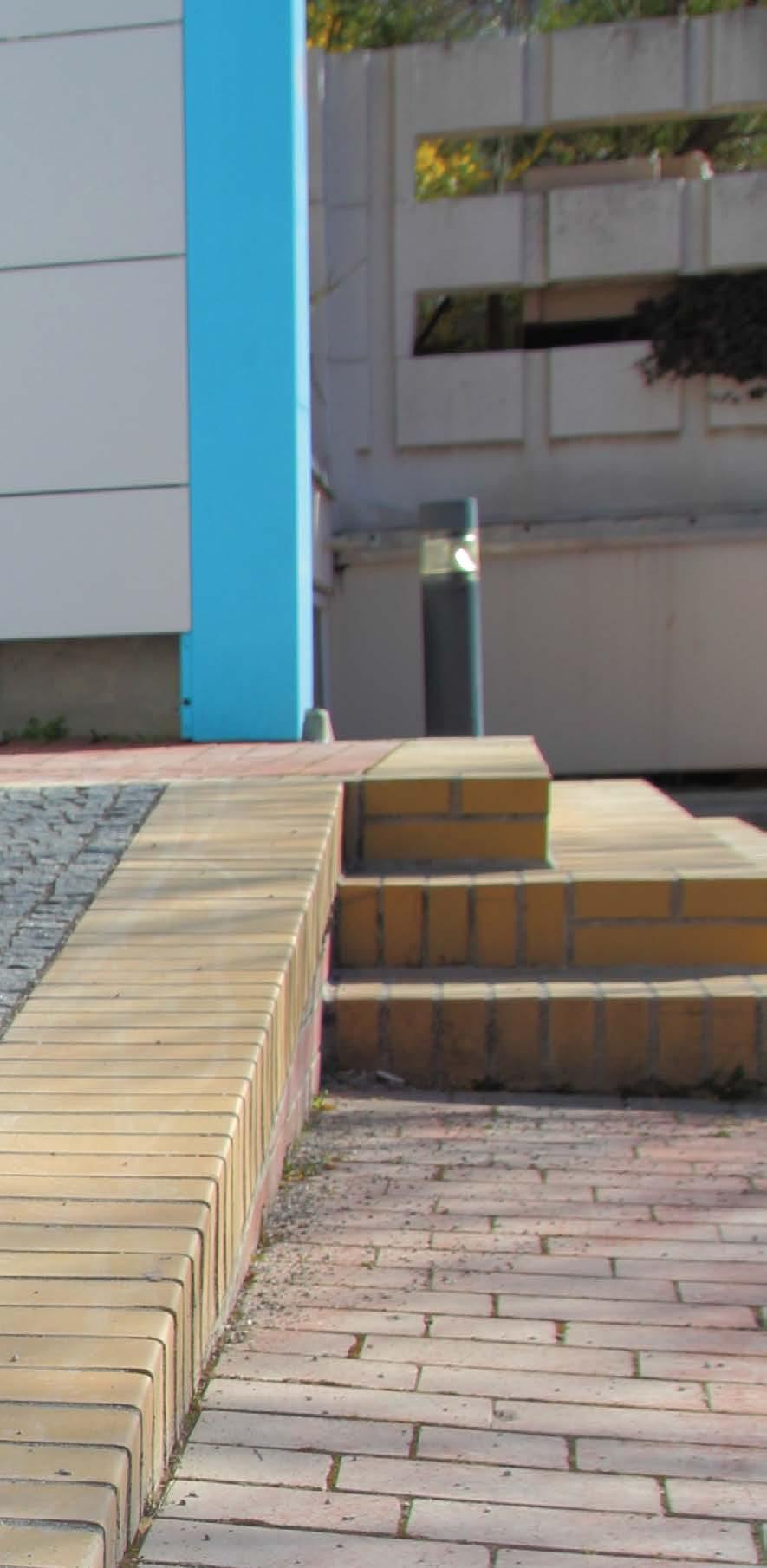
4 minute read
Be Proactive to Protect Your Community from ADA Claims
by Daniel T. Rudderow

LLike any other business, manufactured home communities are subject to claims brought under the Americans with Disabilities Act of 1990. ADA prohibits discrimination and requires all public accommodations and commercial facilities to be accessible to individuals with disabilities since its effective date of
January 26, 1992.
Construction and alterations to public accommodations and commercial facilities must meet the accessibility provisions of the 2010
ADA Standards and the presently enforced local building code. Accessible features are also required to be maintained in your community.
A park operator’s failure to comply leaves the community vulnerable to being sued for discrimination by an individual that is denied access due to physical barriers. In court, ADA plaintiffs can be awarded thousands of dollars for improper access barriers encountered by the plaintiff, plus damages and attorney fees if the claim is successful.
Often times, attorney fees may be even greater than the cost of construction to remedy an
ADA violation.
The Nature of ADA Claims
Each year, ADA claims and ADA lawsuits cost communities hundreds of thousands of dollars to defend. Some claims may be legitimate while others are dubious at best, but all of them require the community owner to spend a significant sum on hiring consultants, experts, and lawyers to get ADA issues resolved.
What can communities do to avoid such claims?
Management should be proactive and have their properties inspected by a certified access specialist, or “CASp inspector”. The CASp inspector is someone who has passed an examination and is certified by the State of California to meet the minimum requirements of knowledge of complex construction-related accessibility standards.
The CASp inspector in California, much like ADA inspectors in other states, conducts a thorough on-site inspection of your property and then issues the park owner an inspection report. The report may have a determination that a community “meets applicable standards” meaning the park meets applicable construction-related accessibility standards. Alternately, the report may contain a determination of “inspected by a CASp”, which will contain a schedule of improvements in order to come into compliance with applicable construction-related standards. Management can then review the report and implement any necessary repairs in order to make the community ADA compliant. »
Discover the Credit Human difference
Today. Tomorrow. Together.

Credit Human offers a unique approach to MH lending.
We’re committed to focusing on:
Customer needs
Our purpose is to improve the lives of the people we serve.
Sensible lending choices
Crafted programs with your needs in mind.
Simplifying the process
We make a complex process smooth and simple.
To learn more contact us at: MHInfo@CreditHuman.com
NMLS# 486243
Inspectors often times have referrals they can make to construction companies qualified to make the needed repairs or improvements. Keep in mind, property owners are required to maintain the accessible features of their business. If an area that was inspected is later altered or modified, the owner may need to schedule another inspection to ensure the new work will comply.
The CASp inspector will know which standards to apply to your community based on the age of your business and its history of improvements. Manufactured housing communities have unique ADA-related demands that an inspector can address. For example, issues arise as to which part of the community is “open to the public” and thus subject to the ADA. Park entrances are deemed open to the public, but what about the clubhouse? The pool? The restrooms? The CASp inspector can help navigate through these questions.
What Does a Community Owner Receive with ADA Inspection?
To help offset the expense associated with upgrades required by ADA regulations, the Internal Revenue Service has enacted tax credits and accelerated depreciation advantages to eligible small businesses that undertake accessibility upgrades. A CASp inspector can help guide management through the process of determining eligibility for these programs.
In addition to a written report, community owners also receive a Disability Access Inspection Certificate as a record of inspection. The certificate is numbered and has an indication of origin, such as a state seal. The certification is something that can be posted for public view at the community. Often times, a posted certification alone can dissuade frivolous claims and lawsuits.
Property owners who have done a certified inspection also may be regarded as a “qualified defendant”. When a suit is filed, a qualified defendant can request a court stay and early evaluation conference in the legal proceedings, which may help resolve the matter in an expedited manner.
With a CASp inspection, the park owner can confidently make repairs today that can buffer the community from liability if an ADA suit is filed at some later point. In the end, the CASp inspection is a wise and proactive option that helps the park avoid being embroiled in costly litigation. MHV
Dan Rudderow is the principal of Rudderow Law Group. He has over 25 years of experience in manufactured housing, business, and real estate law. The group practices litigation, transactional work, assistance with client operations, and is a partner in the CASp inspection company MHRV ACE. Rudderow may be reached at dan@rudderowlaw.com or (949) 565-1344.










